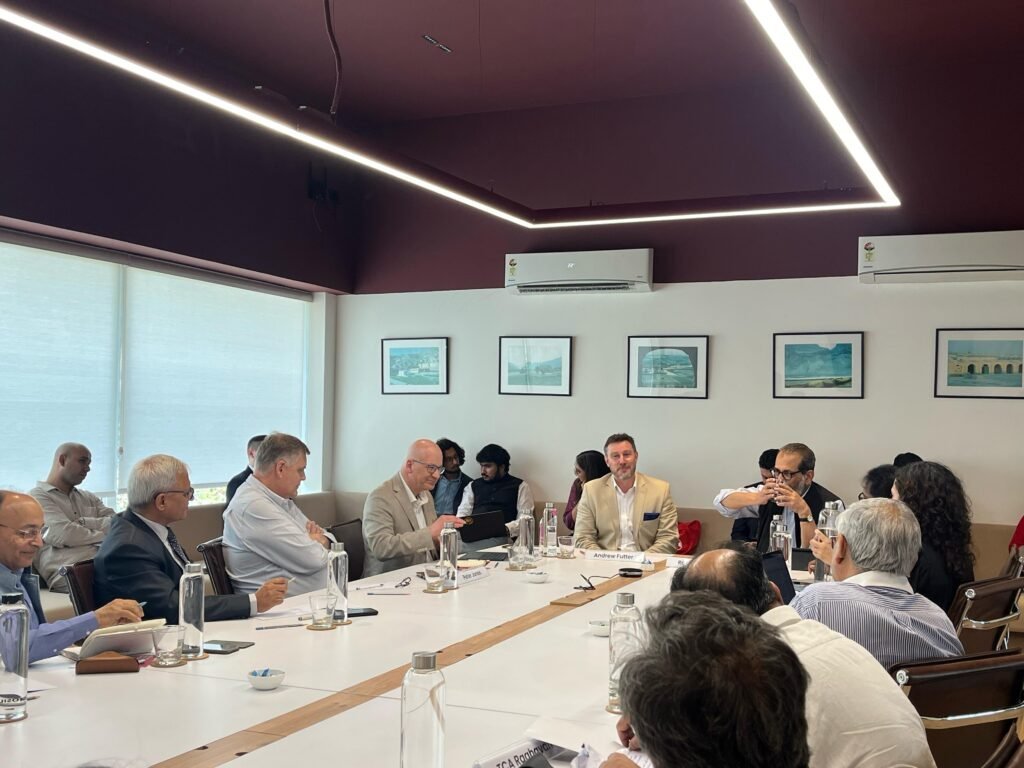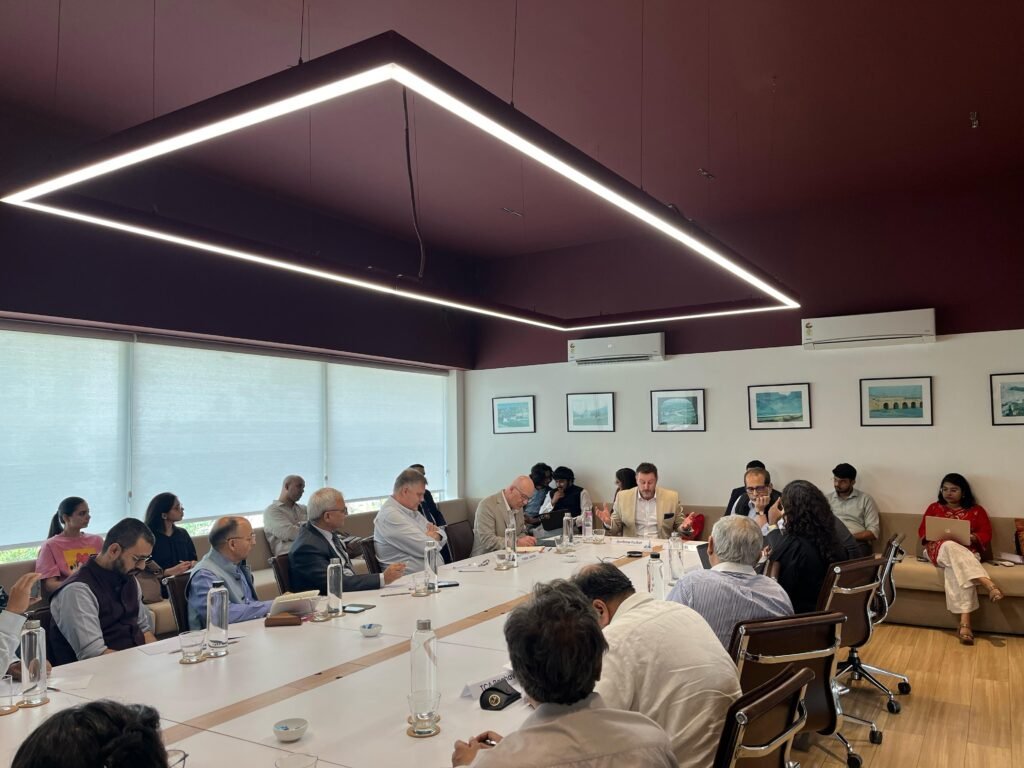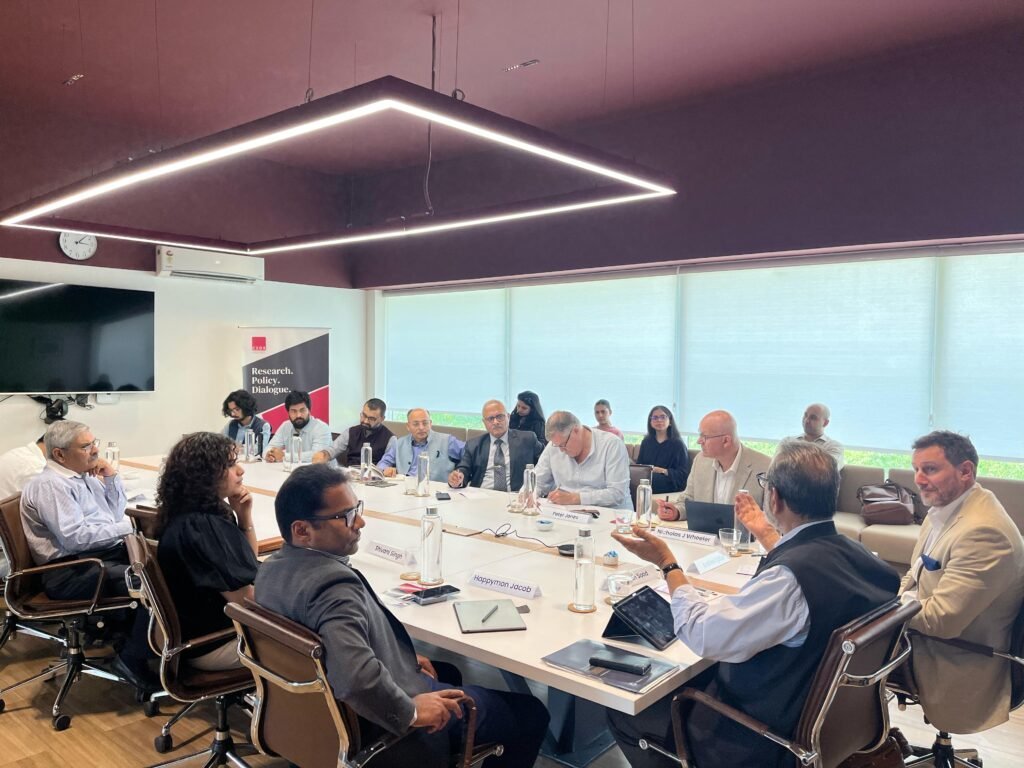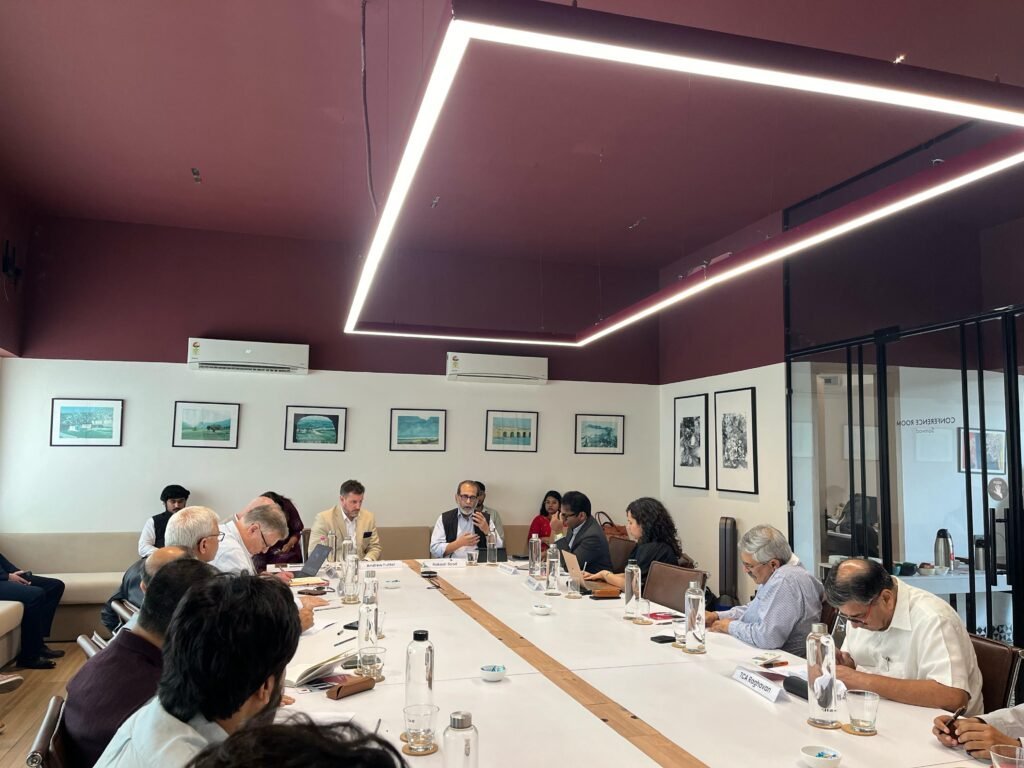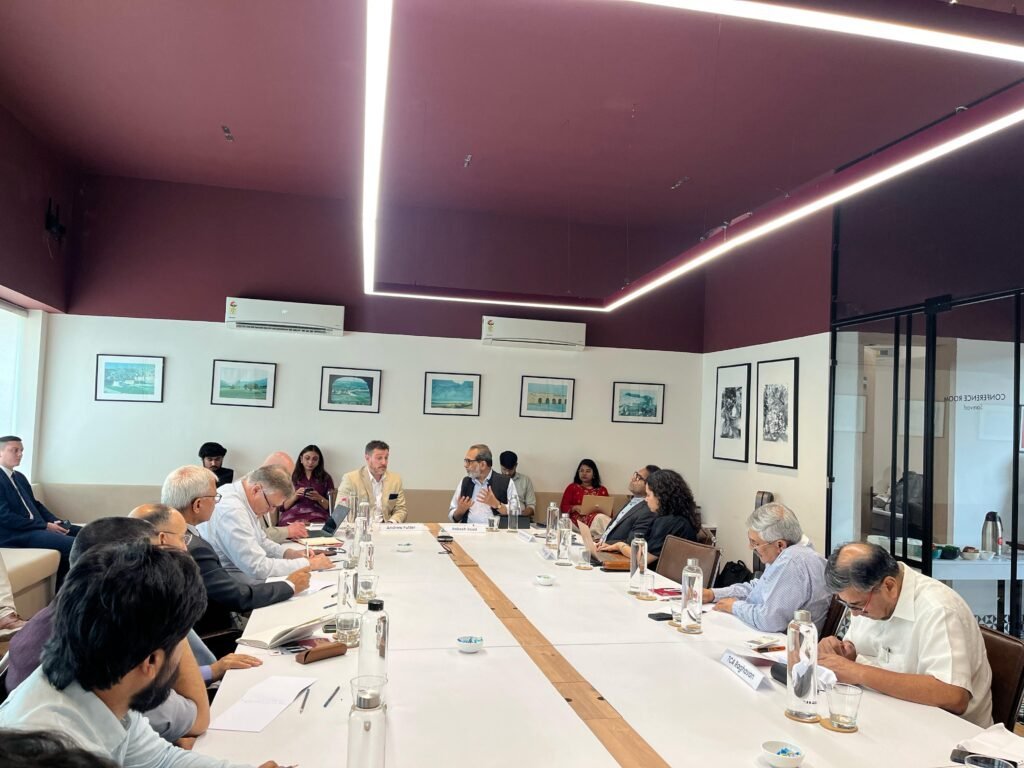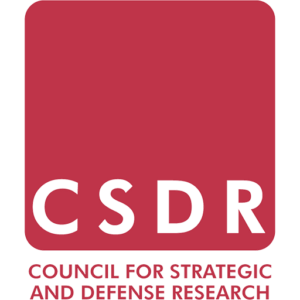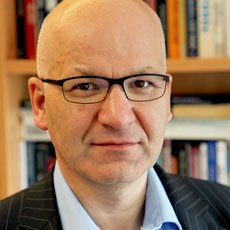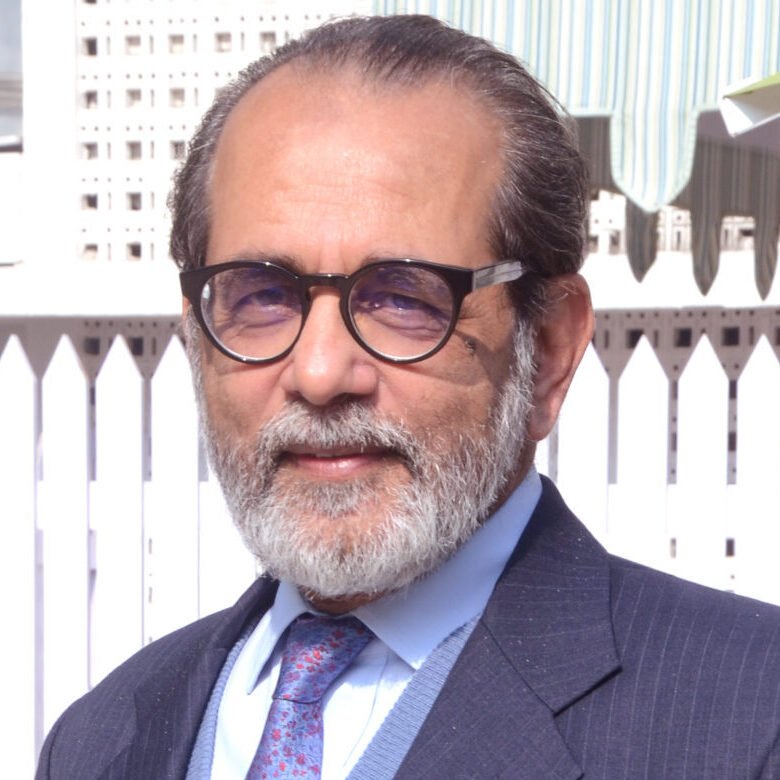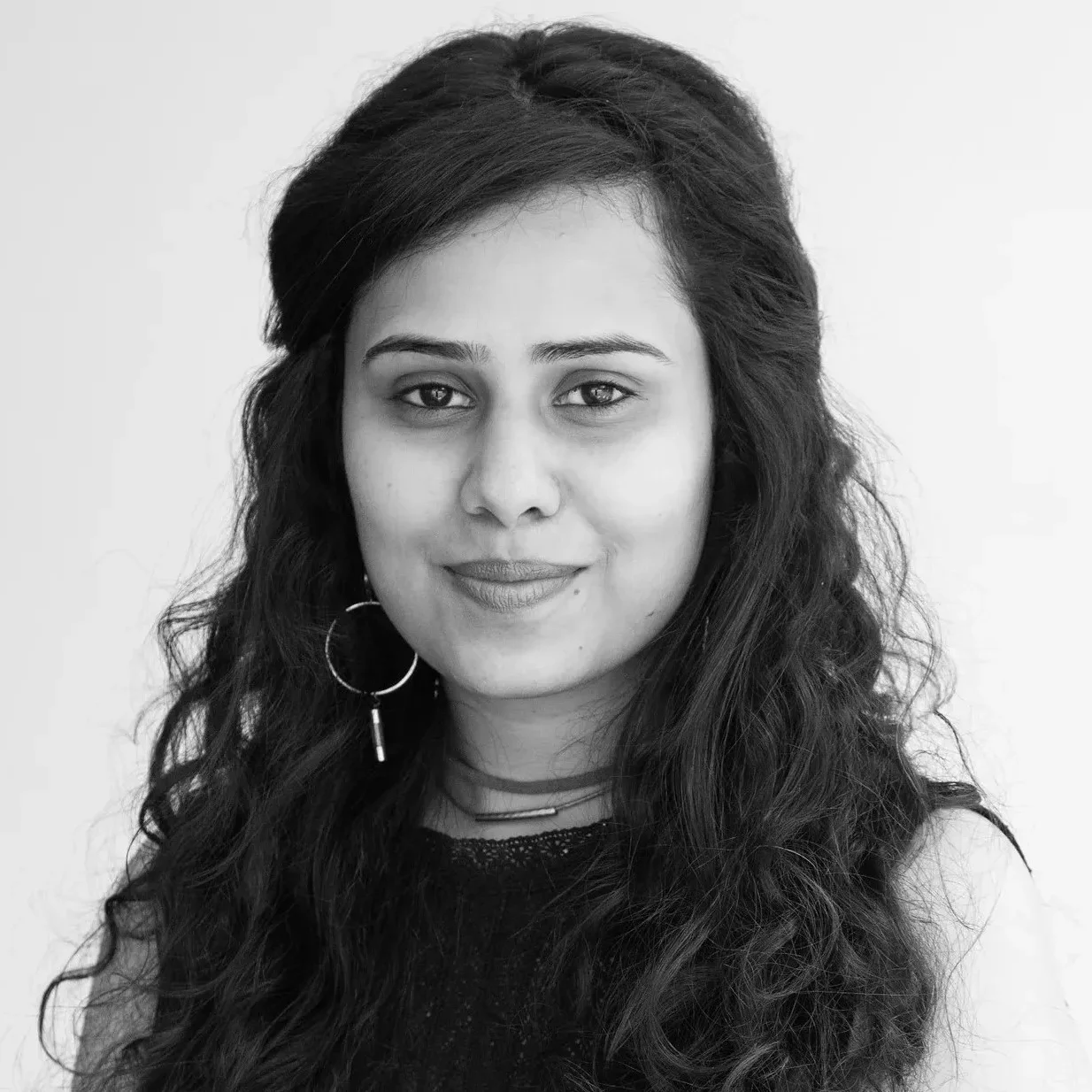April 16 @ 3:00 pm – 4:30 pm
This roundtable discussion examined the defining features of the emerging ‘third nuclear age’ amid intensifying global conflicts and the breakdown of traditional arms control frameworks. In its fourth year, the Russia–Ukraine war has fueled escalated nuclear rhetoric, including Russian nuclear deployments in Belarus. Meanwhile, Israel’s war in Gaza and confrontation with Iran has raised the risk of nuclear escalation, given Iran’s growing stockpile of highly enriched uranium and Israel’s established nuclear status.
Globally, SIPRI reports indicate a rise in nuclear warheads, with China leading in arsenal expansion. These developments are compounded by the increasing entanglement of nuclear and conventional systems and advances in space-based technologies. With the collapse of the New START Treaty in 2023, the absence of arms control among nuclear powers marks a significant shift. Frameworks born in the Cold War now struggle to remain relevant in a fragmented, multipolar order shaped by asymmetric doctrines and pre-emptive strategies.
The discussion explored how this third nuclear age differs from earlier ones, its implications for global and regional arms control, and the erosion—and possible revival—of non-proliferation norms.
Gallery
